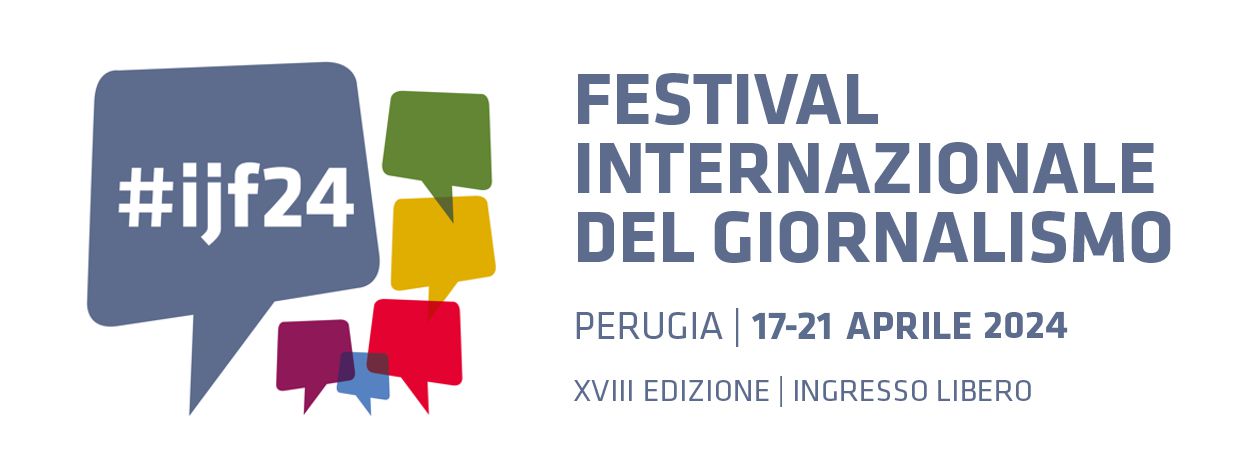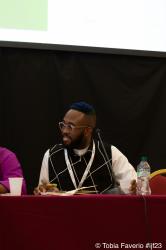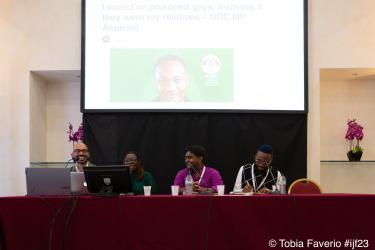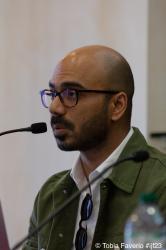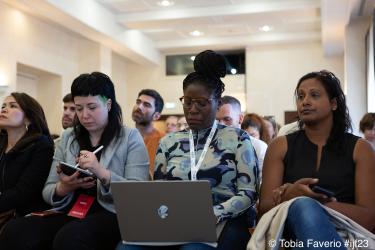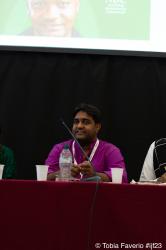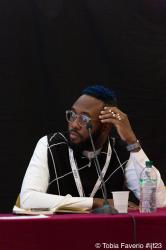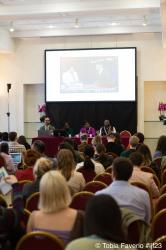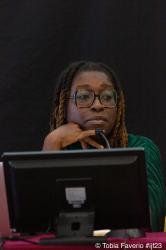For way too long now, mainstream media in the Global South--particularly in Asia and Africa--has underreported and often misreported the identities, stories and issues of LGBTQIA+ persons. The coverage continues to ignore us and the language dehumanizes us. All of this shapes how societies perceive us and talk about us. In fact, most of the newsrooms have been complicit in perpetuating historical homophobia, transphobia and queerphobia in many countries in the Global South. That’s partly because LGBTQIA+ persons remain underrepresented — especially in leadership positions —inside their newsrooms, which influences what kind of stories are told, how they are told, who is telling them, and who gets covered.
While some media outlets are beginning to cover LGBTQIA+ persons more than before, these sporadic attempts are not enough and mostly cater to urban English-speaking audiences. As a result, LGBTQIA+ persons remain underserved, and the public conversation about the community doesn’t advance, especially in small and rural towns.
This disservice by the mainstream media has led queer journalists, writers and community leaders to come forward and take charge of the narratives about the lives and issues of their LGBTQIA+ community. New queer people focused media outlets such as queerbeat in India and Kuchu Times in Uganda, and community-building organizations such as Queer Lapis in Malaysia and The Queer Muslim Project in Asia, are rebuilding the narrative about LGBTQIA+ persons by accurately and deeply covering the community and uplifting their voices in the region.
The panel will discuss why the mainstream media in the Global South has underserved the LGBTQIA+ community, and how the new queer people focused newsrooms and social media organisations are changing that, how they are making the media ecosystem queer inclusive, and what challenges they are encountering while doing so.
